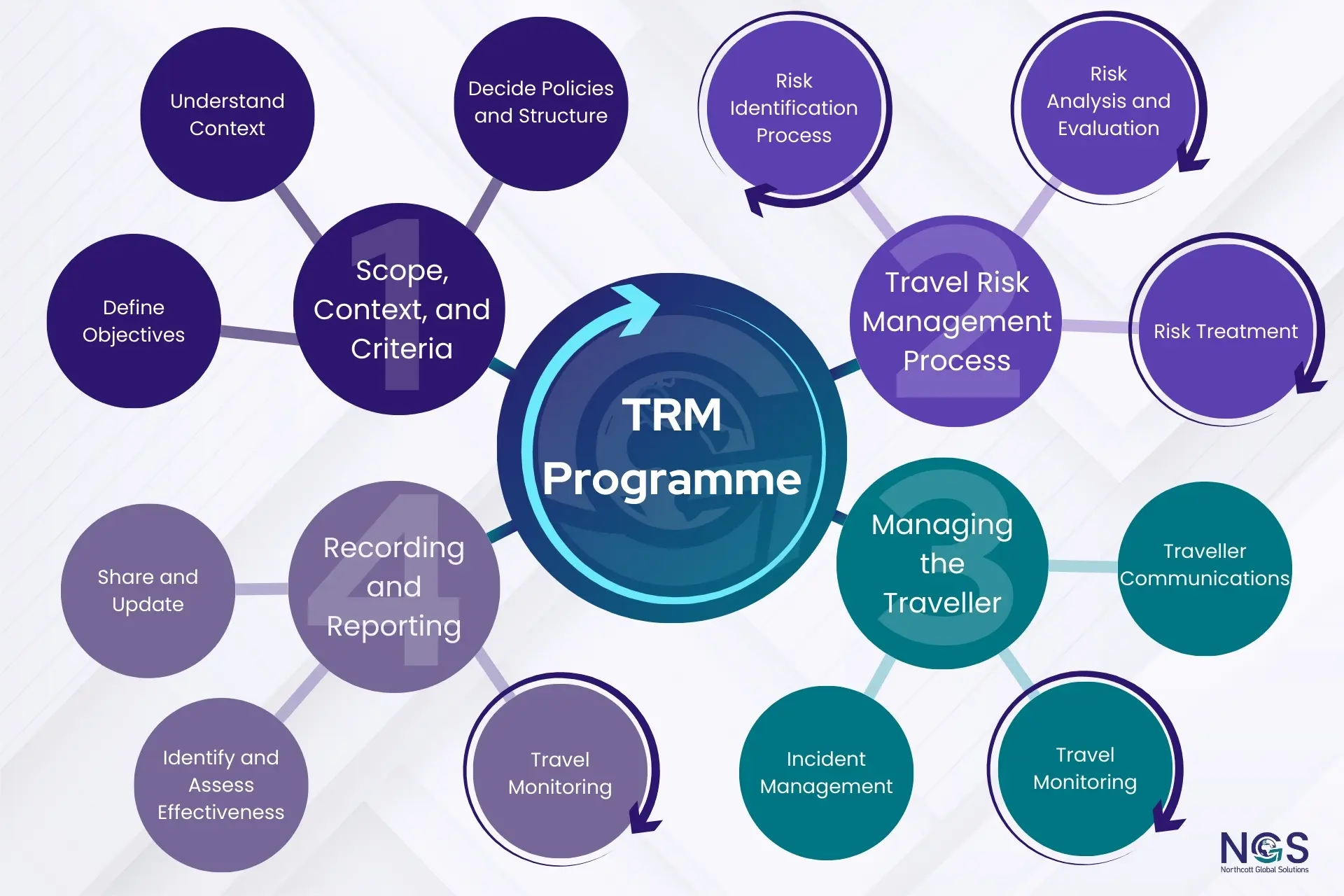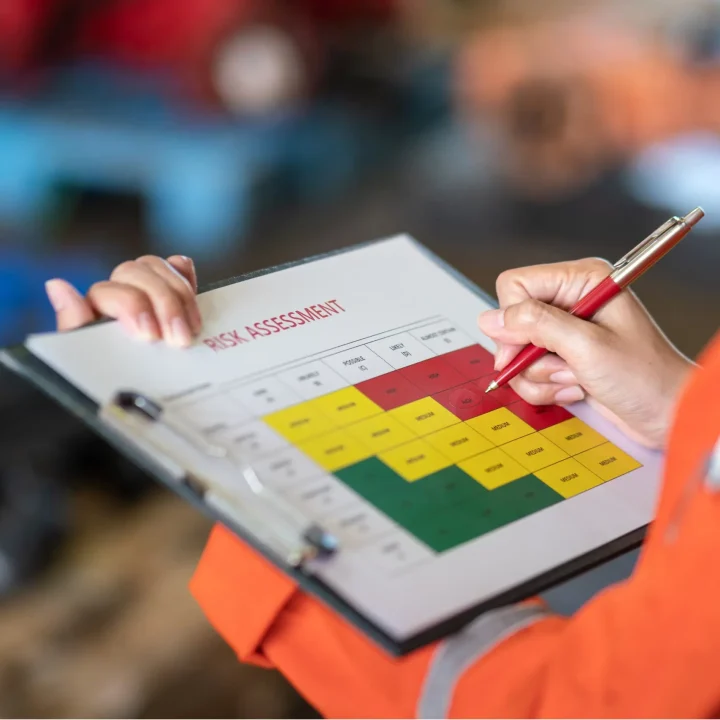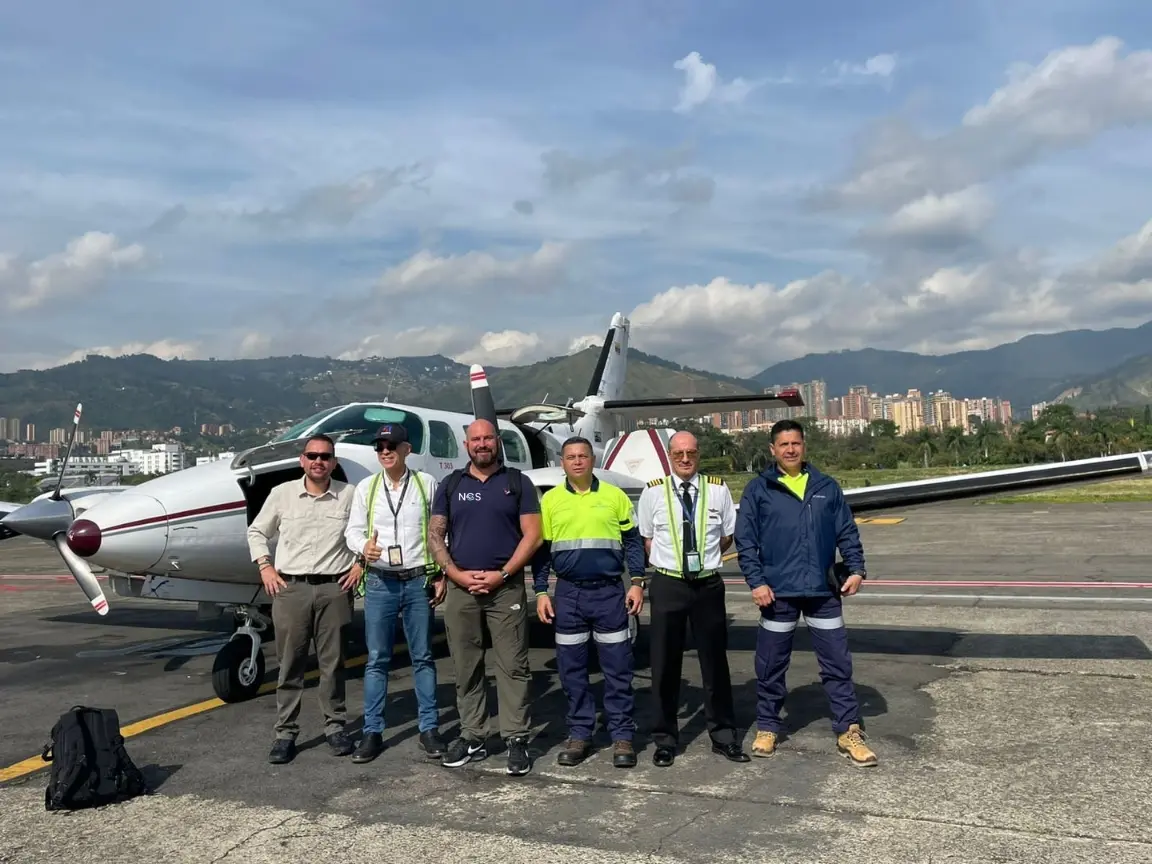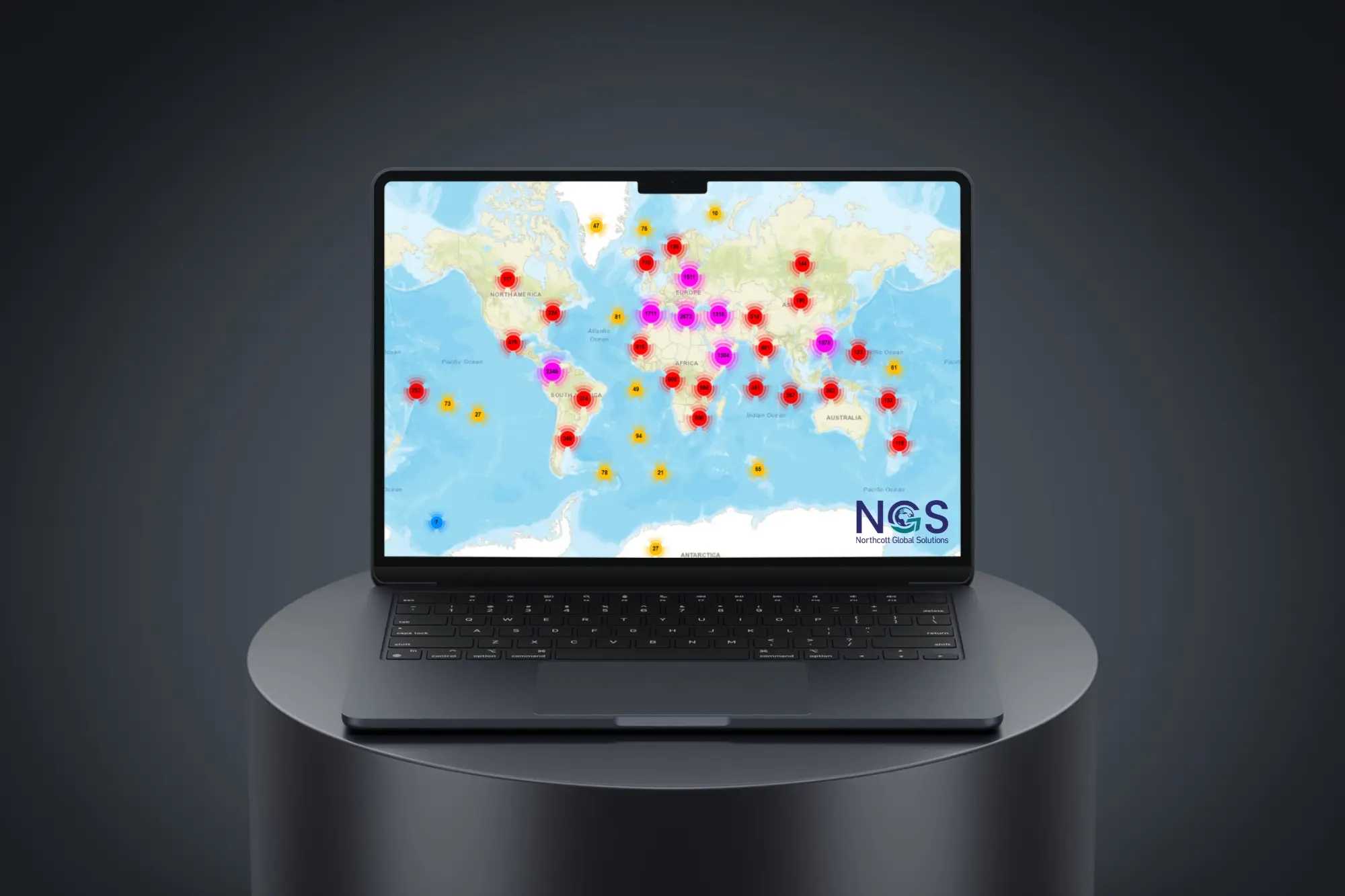ISO 31030 sets the benchmark for travel risk management, providing guidelines that businesses should follow to protect employees. In this post, we’ll explore what ISO 31030 entails and how you can ensure that your business stays compliant, safeguarding your employees wherever they travel.
ISO 31030 is the international standard designed to guide organisations in managing travel risks. It offers a structured approach to safeguarding employees during business travel, focusing on evaluating and mitigating potential threats. This standard is crucial for businesses operating globally, as it helps them address the increasing complexities of travel risks, such as health emergencies, political instability, and natural disasters.
ISO 31030 sets out best practices for travel risk management, focusing on identifying and controlling risks associated with corporate travel. The framework helps businesses assess potential threats during travel, including transport, accommodation, and local conditions. It places strong emphasis on a company’s duty of care, ensuring that employees are adequately protected and that legal obligations are met.
NGS assists businesses by providing comprehensive travel risk assessments and developing customised risk management strategies and programmes that align with ISO 31030. Our services ensure that businesses meet the standard’s requirements and have a robust system to protect their travellers.

As travel risks grow more complex, ISO compliance becomes increasingly vital for organisations. Failing to implement an effective risk management plan can result in legal penalties, financial loss, and reputational damage. Non-compliance can also expose businesses to potential lawsuits if duty of care obligations are not met, especially in the event of a travel-related crisis.
NGS helps businesses stay compliant with ISO 31030 by offering proactive crisis management plans, real-time risk monitoring, and ongoing support.
Travel risk assessments are a fundamental part of ISO 31030 compliance, helping organisations identify hazards and vulnerabilities specific to their travellers. By analysing local conditions, geopolitical climates, and health risks, businesses gain a deeper understanding of potential threats. This enables them to better prepare employees for their trips and put safety measures in place. A well-conducted risk assessment is key to ensuring that employees are fully aware of the risks they may face and how to mitigate them.
Organisations need to go beyond generic safety advice and customise their assessments based on the specific risks associated with each destination. This tailored approach makes travel safer, and businesses that implement these thorough assessments meet the ISO requirements while protecting their people.

Having a robust crisis response plan is another crucial aspect of complying with ISO 31030. The standard highlights the importance of having clear evacuation strategies, emergency communication protocols, and medical support in place before employees travel. Whether it’s preparing for natural disasters, political unrest, or health emergencies, crisis response plans should be dynamic, comprehensive, and aligned with best practices.
By ensuring these plans are in place and regularly updated, organisations minimise the potential disruption to business operations while safeguarding their employees.

NGS provides businesses with comprehensive travel risk assessments and crisis response strategies. Our tailored services ensure that each business meets the requirements of ISO 31030, helping them to protect their employees and maintain compliance in any high-risk travel situation.
NGS ensures that your business stays compliant with ISO 31030 by supporting you at each stage of travel. We offer pre-travel risk assessments, real-time monitoring during travel, and comprehensive post-travel reviews, ensuring that your employees remain safe and protected. Our tailored solutions adapt to your specific needs, no matter where your employees travel.
NGS provides bespoke risk management solutions that cater to the specific needs of various industries. We tailor our services to ensure compliance with ISO 31030. Our customised travel risk assessments consider local conditions, geopolitical climates, and specific health concerns. For instance, if your team is travelling to high-risk regions, NGS monitors and mitigates threats in real time through our network of vetted partners. This includes on-the-ground intelligence and access to security and medical support, ensuring that your employees are protected wherever they are.

With NGS’ global network, your employees have access to 24/7 assistance, ranging from security evacuations to emergency medical support. Our real-time communication tools, backed by a comprehensive network of partners, ensure that your business remains ISO 31030 compliant at all times. From pre-travel risk assessments to crisis response and post-travel evaluations, NGS helps safeguard your operations, no matter where your teams are deployed. This continuous monitoring and support ensure that your business stays protected while meeting ISO standards for travel safety and risk management.


NGS helps businesses save on travel risk management costs by offering customised solutions that ensure ISO 31030 compliance without unnecessary expenses. By leveraging its extensive network of vetted partners, NGS can reduce costs associated with travel insurance and operational disruptions, providing cost-effective solutions tailored to your specific business needs.

With NGS, businesses receive continuous travel risk monitoring and support. Our 24/7 assistance ensures compliance with ISO 31030, even as risks evolve. From geopolitical threats to natural disasters, NGS proactively identifies and mitigates risks, offering real-time updates and guidance, allowing businesses to stay ahead of potential disruptions.

NGS works closely with businesses to develop bespoke crisis response plans, ensuring that evacuation strategies and medical support align with ISO 31030 standards. These customised plans allow businesses to manage crises effectively while maintaining compliance, ensuring employee safety and minimising operational impact.
ISO 31030 compliance is no longer optional for businesses with international operations. With NGS, you can ensure your company meets the highest standards in travel risk management, protecting your people and assets while keeping costs in check.
Contact us today to learn how we can develop a customised risk management strategy for your business.